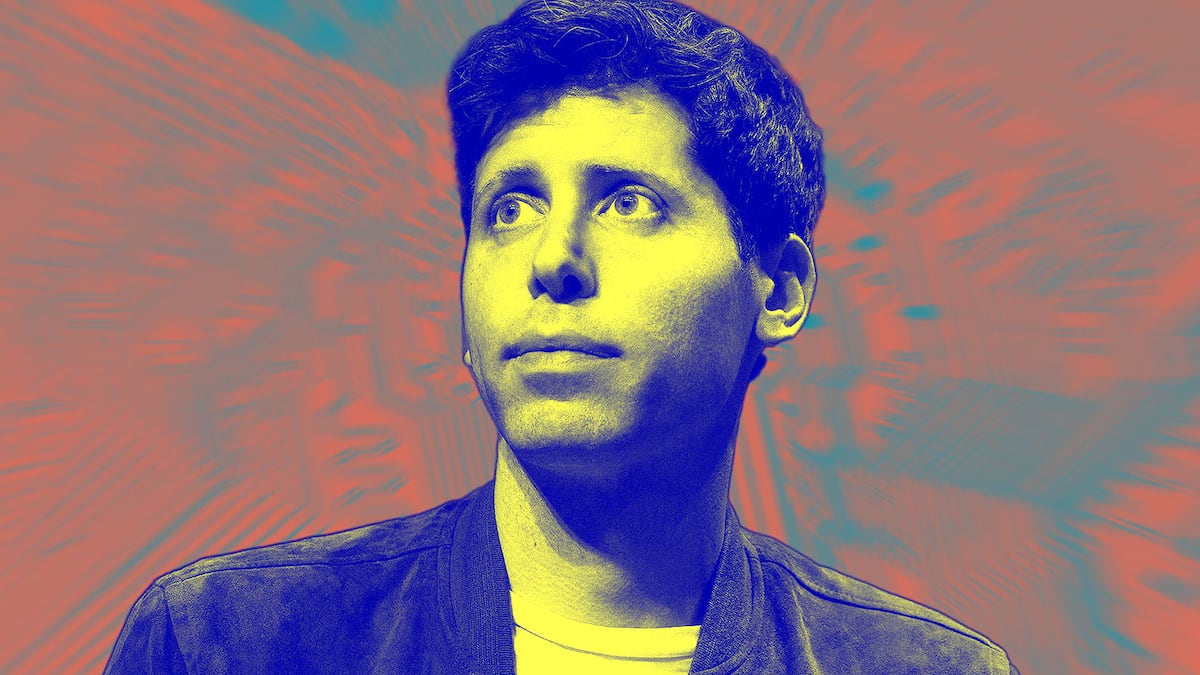- Worldcoin launched a new update.
- People can use World ID on web apps like Reddit, if integrated.
OpenAI CEO Sam Altman’s eyeball-scanning crypto project Worldcoin released today an upgrade that lets web applications integrate with it to confirm user identities while thwarting bots.
The Berlin and San Francisco-based startup, launched in July, enables online identity confirmation through an eye scan, creating a World ID. Over 2.5 million people have had their eyeballs scanned, according to the company.
“The number one question we always get is, when will I be able to use my world ID to do more things online?,” Tiago Sada, Worldcoin’s head of product, told DL News.
The latest update, dubbed World ID 2.0, enables applications like Shopify, Telegram, Minecraft, Reddit, and Mercado Libre to authenticate users while keeping personal details private, provided they integrate with World ID.
Central to Worldcoin is an eye-scanning “orb,” which the company has deployed in several countries. (DL News visited one in Hong Kong.)
Users who verify their identity receive Worldcoin tokens, WLD, which will be used as governance tokens in the network, according to its whitepaper.
Worldcoin’s trading around $2.35 at the time of writing – about 29% down from its all-time high of $3.30 on July 24.
But this upgrade does not change anything about the Worldcoin token, Sada said.
WLD has a limited supply of 10 billion tokens, most of which Worldcoin aims to distribute over the coming years to “the majority of humans who are alive today.”
Worldcoin’s market makers controlled more than 90% of the supply of Worldcoin’s token, WLD, when it launched in July, drawing criticism from analysts.
Critics also warn against possible exploitation of people in developing countries and a growing black market for accounts.
Sign in with World ID
Online platforms typically require users to sign up and log in by verifying an email address or a phone number.
But creating email addresses is a simple process, and phone numbers can also be obtained or manipulated with relative ease. This leads to concerns about the security and authenticity of user accounts.
Bots can exploit this to create fake accounts and disseminate spam. World ID 2.0 can help prevent it, Sada said.
“If you’re a Reddit moderator of a community, you’re now able to install the plugin for Reddit communities, which allows you to use World ID as a moderation tool,” Sada told DL News.
“So you could say, OK, people who haven’t verified their accounts, they can do X things, but people who have verified their accounts with a World ID can now post more often, or actually reply more often, or things like that.”
That could help potentially prevent bot accounts spreading spam, a problem that’s especially widespread on X, formerly Twitter. Elon Musk, who owns X, launched last month an AI tool called Grok to rival Altman’s ChatGPT.
Musk and Altman have recently fallen out of favour.
But if Twitter were to integrate World ID, Sada explained, it could let people have multiple accounts verified through World ID, while letting them stay anonymous.
Sada said DeFi apps — web interfaces of DeFi protocols — can also integrate World ID if they want their users to verify.
Hummanness, but no personal data
The company says Worldcoin doesn’t store personal data; it uses iris characteristics to confirm a user’s “humanness.”
It employs zero-knowledge proofs — a buzzy crypto technology — allowing users to prove uniqueness without revealing other personal details, akin to verifying legal age without disclosing actual age.
“Most people know about the zero knowledge proofs and how your biometrics are separated from your ID,” Sada said.
But what’s “quite underrated,” he said, is when using World ID, you generate a unique, one-time-use ID for each application, rather than allocated a static ID number that can be traced to you.
In cases of illegal online activities by a World ID-verified user, the company cannot track their identity due to the anonymity of zero-knowledge proofs.
“It’s not possible today,” Sada said. “We can’t do that, the government can’t do it, and application developers cannot do that.”
But zero-knowledge proofs can be difficult to get right.
“Risks include unavoidable privacy leaks, further erosion of people’s ability to navigate the internet anonymously, coercion by authoritarian governments, and the potential impossibility of being secure at the same time as being decentralized,” Ethereum founder Vitalik Buterin wrote in an blog post in July.
